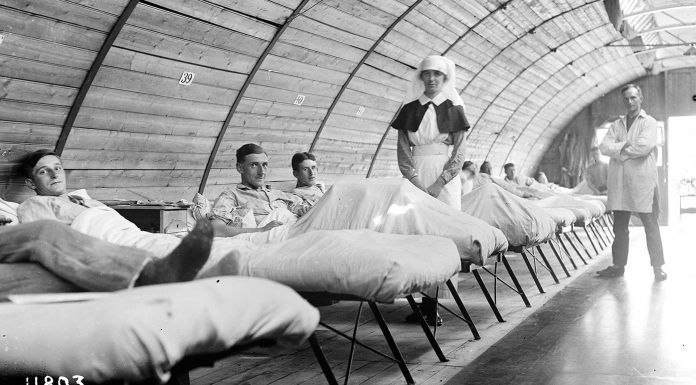Working night shifts derails your metabolism and can make it difficult to shift weight, new research indicates.
Humans have a specific protein that harvests energy from fat and apportions the rest into storage.
Like most metabolic pathways, this protein (NFIL3) relies on a regular night-day light cycle to function at its prime, reports the Daily Mail’s Mia De Graaf.
A research team at The University of Texas Southwestern Medical Center has now shown how disruptions to that rhythm – such as working night shifts or travelling internationally – cause an increase in the likelihood of obesity and diabetes.
Lead author Yuhao Wang, of the Department of Immunology, show that gut microbes produce proteins that tune the circadian cycling of NFIL3.
NFIL3, in turn, controls the circadian fluctuations of a metabolic pathway that regulates fat absorption and exports into the cells that line the intestine.
For the study, they analysed eight mice who were engineered to have lean body weights.
The mice were put on a high-fat Western diet for 10 weeks on a normal schedule.
They were then put on an opposite light cycle, staying up at night and sleeping during the day.
When they were on a normal schedule, their expression of the fat-burning protein NFIL3 was far more intense, meaning their metabolism was more regular.
The findings offer “a deeper understanding of why perturbing microbiota-clock interactions can lead to metabolic disease”, the authors write.
Writing in the study, lead author Dr Wang said, “The worldwide obesity epidemic presents a pressing public health crisis.
“More than 2.1 billion individuals throughout the world are overweight or obese, and around 3.4 million deaths per year are caused by obesity-related diseases.
“Consequently, there is an urgent need to identify host and environmental factors that regulate human metabolism and energy homeostasis.”
The findings are not the first to show how night shifts affect the body’s metabolism.
Last year, researchers from King’s College London found evidence that getting too little sleep affects the body’s hormones, meaning people need to eat more to feel full.
The team, whose work has just been published in the European Journal Of Clinical Nutrition, found that sleep-deprived people – those who get less than five and a half hours a night – consumed an average of 385 calories per day more than those who had more than seven hours.
That is equivalent to eating an extra four and a half slices of bread.
King’s College London researcher Dr Gerda Pot said, “If long-term sleep deprivation continues to result in an increased calorie intake of this magnitude, it may contribute to weight gain.
“The main cause of obesity is an imbalance between calorie intake and expenditure, and this study adds to accumulating evidence that sleep deprivation could contribute to this imbalance.”






















